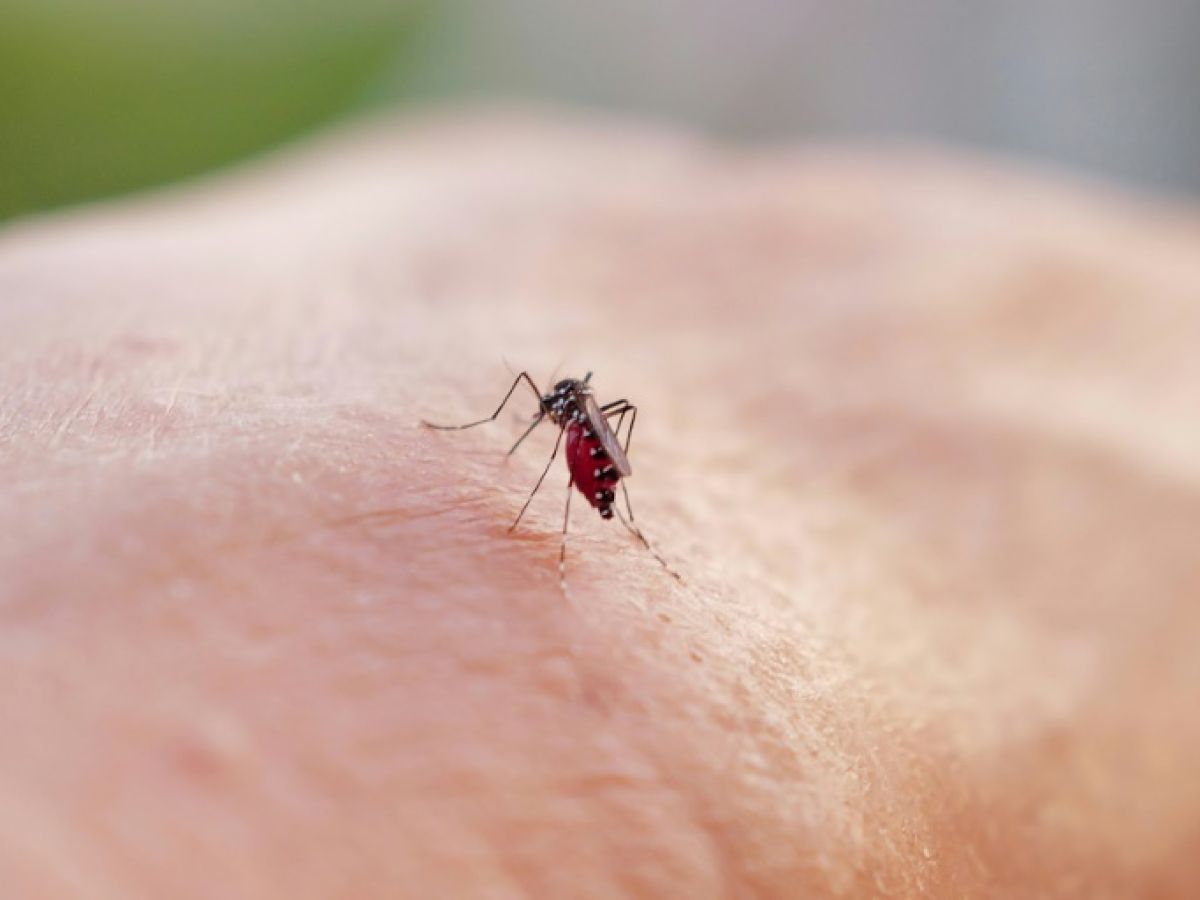Kelsey Swingle's ambition is to harness the mRNA vaccine technique to treat pregnancy complications such as preeclampsia. The doctoral student conducts her research in the lab of Michael Mitchell, associate professor of bioengineering at the University of Pennsylvania (USA).
In December 2020, obstetric clinicians contacted the laboratory regarding the use of messenger RNA-based therapies (used in Covid-19 vaccines) to treat pregnancy-related illnesses. “ We realized that there was a "There is a huge gap in research on the application of these innovative therapies for use during pregnancy, particularly to treat pre-eclampsia.", specifies the doctoral student.
Four years later, the team successfully treated pregnant mice for preeclampsia with a single injection. Their results are published in the journal Nature.
Preeclampsia, an incurable complication
There preeclampsia occurs in 3 to 5 pregnancies (1 to 21 pregnancies in France), and develops into a severe form (called eclampsia) in 10 to 20 cases. It generally manifests during the second part of pregnancy, from the middle of the second trimester (20 weeks of amenorrhea), and results from a dysfunction of the vascular network of the placenta.
Read alsoPreeclampsia, a poison for pregnancy
L'high blood pressure and the presence of abnormal amounts of protein in the urine (proteinuria) are the first warning signs. These symptoms may be accompanied by severe headaches, visual disturbances,Tinnitus or vomiting. It is also possible to observe a significant and sudden weight gain, and the presence of edema (swelling of the feet, ankles and hands).
As soon as the first symptoms appear, treatment is necessary to avoid eclampsia: serious convulsions linked to high blood pressure which can lead to the death of the mother and the fetus.
Yet, " iThere is currently no valid treatment to slow or stop the progression of preeclampsia, explains Kelsey Swingle. The only curative option is delivery of the fetus and placenta, regardless of how far along the pregnancy is."The objective of the treatment is then to monitor and stabilize the condition of the pregnant woman in order to postpone delivery as long as possible in order to ensure the survival of the fetus. "Preeclampsia treatment in the clinic focuses on symptom management, such as antihypertensive medications to control blood pressure.", continues the researcher.
Effective treatment in mice
"Our drug was able to deliver therapeutic mRNA that reduced maternal blood pressure until late in gestation and improved fetal health and blood flow in the placenta.", explains Kelsey Swingle.
Before obtaining this result, the research team analyzed around a hundred lipid nanoparticles (LNPs) in order to choose the most effective one. “ Lipid nanoparticles (LNPs) are the same technology used in mRNA Covid vaccines to deliver mRNA to cells in the body., explains Kelsey Swingle. These vectors used to deliver drugs into the human body coat the mRNA, like a protective capsule, to carry it to the placenta without it being degraded. Once delivered, the mRNA sequence will order the regulation of blood pressure and the proper functioning of the placenta.
Kelsey Swingle is developing a lipid nanoparticle to deliver mRNA to treat preeclampsia. University of Pennsylvania
His work shows that the best LNP for this task can deliver more than 100 times more mRNA to the placenta in pregnant mice than formulas used in humans.
Read alsoPregnancy: A unique study reveals significant changes in the brains of pregnant women
“I combined my love of science and my passion for women’s health.”
In mice, a single injection was enough to prevent pre-eclampsia until the end of pregnancy, "But mice have a gestation period of about twenty days. The big question for us today is how many injections will be necessary for animals with gestational periods closer to that of humans, such as guinea pigs or non-human primates.", explains the doctoral student.
Several years of clinical research are still needed before such a treatment can be marketed, but the doctoral student remains optimistic. “ While working on preeclampsia, I have combines my love of science and my passion for women's health"The use of messenger RNA-based therapies based on this research is indeed promising for all pregnancy-related diseases.


